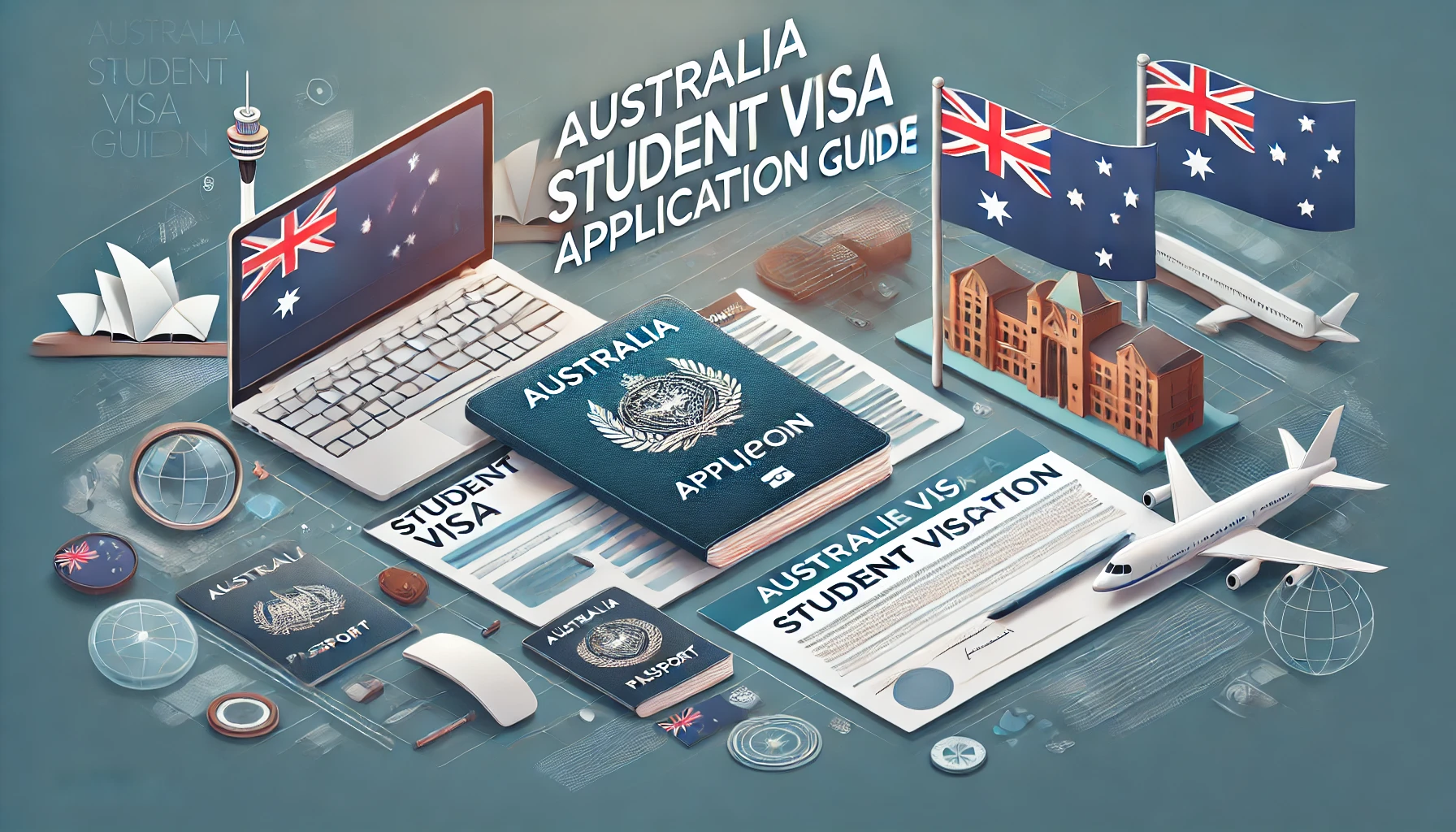The Benefits of International Education Experience
In today’s globalized world, having an international education experience can significantly enhance your personal and professional growth. International education exposes you to diverse cultures, perspectives, and opportunities that can shape your future in profound ways. This comprehensive guide will explore the numerous benefits of international education, providing insights into why it is a valuable pursuit for students worldwide.
Understanding International Education
Defining International Education
International education refers to studying abroad or participating in educational programs that emphasize global learning. This can include enrolling in universities abroad, participating in exchange programs, or engaging in internships and research projects in different countries. International education provides students with a unique opportunity to immerse themselves in new cultures and educational systems.
Importance of International Education
International education is crucial in today’s interconnected world. It helps students develop a global mindset, enhances cultural awareness, and prepares them for careers in an increasingly international job market. According to a report by the Institute of International Education, students who participate in international education programs are more likely to possess critical skills such as adaptability, problem-solving, and cross-cultural communication.
Benefits of International Education Experience
Personal Growth and Development
Increased Independence
Living and studying in a foreign country requires a high level of independence. Students must navigate new environments, manage their finances, and solve problems independently. This fosters self-reliance and confidence, essential traits for personal growth.
Enhanced Cultural Awareness
International education immerses students in diverse cultures, traditions, and languages. This exposure helps them develop a deeper understanding and appreciation of cultural differences. Students learn to respect and value diversity, which is crucial in today’s multicultural societies.
Improved Language Skills
Studying abroad often involves learning a new language or improving existing language skills. Being immersed in a language-rich environment accelerates language acquisition and fluency. Bilingualism or multilingualism is a valuable asset in the global job market.
Academic and Professional Advantages
Diverse Academic Perspectives
International education exposes students to different teaching methods, curricula, and academic philosophies. This broadens their academic horizons and encourages critical thinking. Students gain a more comprehensive understanding of their field of study by learning from international experts and peers.
Enhanced Employability
Employers value candidates with international education experience because they bring unique perspectives and skills to the workplace. According to the British Council, graduates with international education experience are more likely to secure high-paying jobs and advance in their careers. They are often seen as adaptable, resourceful, and capable of working in diverse teams.
Networking Opportunities
Studying abroad allows students to build a global network of friends, professors, and professionals. These connections can be valuable for future career opportunities, collaborations, and personal growth. Networking with individuals from different backgrounds broadens students’ perspectives and opens doors to international opportunities.
Challenges and How to Overcome Them
Culture Shock
Adjusting to a new culture can be challenging. Students may experience culture shock, homesickness, and difficulty adapting to new social norms. However, these challenges can be overcome with an open mind, patience, and support from fellow international students and local communities.
Financial Considerations
Studying abroad can be expensive, but numerous scholarships, grants, and financial aid options are available. Researching and applying for financial support can significantly reduce the financial burden. Additionally, many countries offer part-time work opportunities for international students, helping them manage their expenses.
Academic Adjustments
Adapting to a new academic system can be daunting. Different grading systems, teaching styles, and academic expectations may require time to get used to. Seeking academic support from professors, advisors, and fellow students can help ease the transition.
How to Maximize Your International Education Experience
Embrace Cultural Immersion
To fully benefit from international education, immerse yourself in the local culture. Participate in cultural events, try local cuisine, and learn about the country’s history and traditions. Building relationships with locals can enrich your experience and provide valuable insights.
Stay Academically Engaged
While exploring the new environment is essential, maintaining academic focus is equally important. Attend classes regularly, engage with professors, and participate in academic discussions. Balancing academic responsibilities with cultural exploration will ensure a well-rounded experience.
Document Your Journey
Keep a journal or blog to document your international education experience. Reflecting on your experiences helps you appreciate your growth and provides a record of your journey. Sharing your experiences with friends and family back home can also inspire others to pursue international education.
Conclusion
The benefits of international education experience are vast and multifaceted. From personal growth to academic and professional advantages, studying abroad provides students with a unique opportunity to develop essential skills and broaden their horizons. By embracing the challenges and maximizing the opportunities, students can make the most of their international education experience and prepare themselves for a successful future in an interconnected world.
For more information on international education opportunities, visit Study Abroad.
To read more articles like this, visit: Regent Studies




